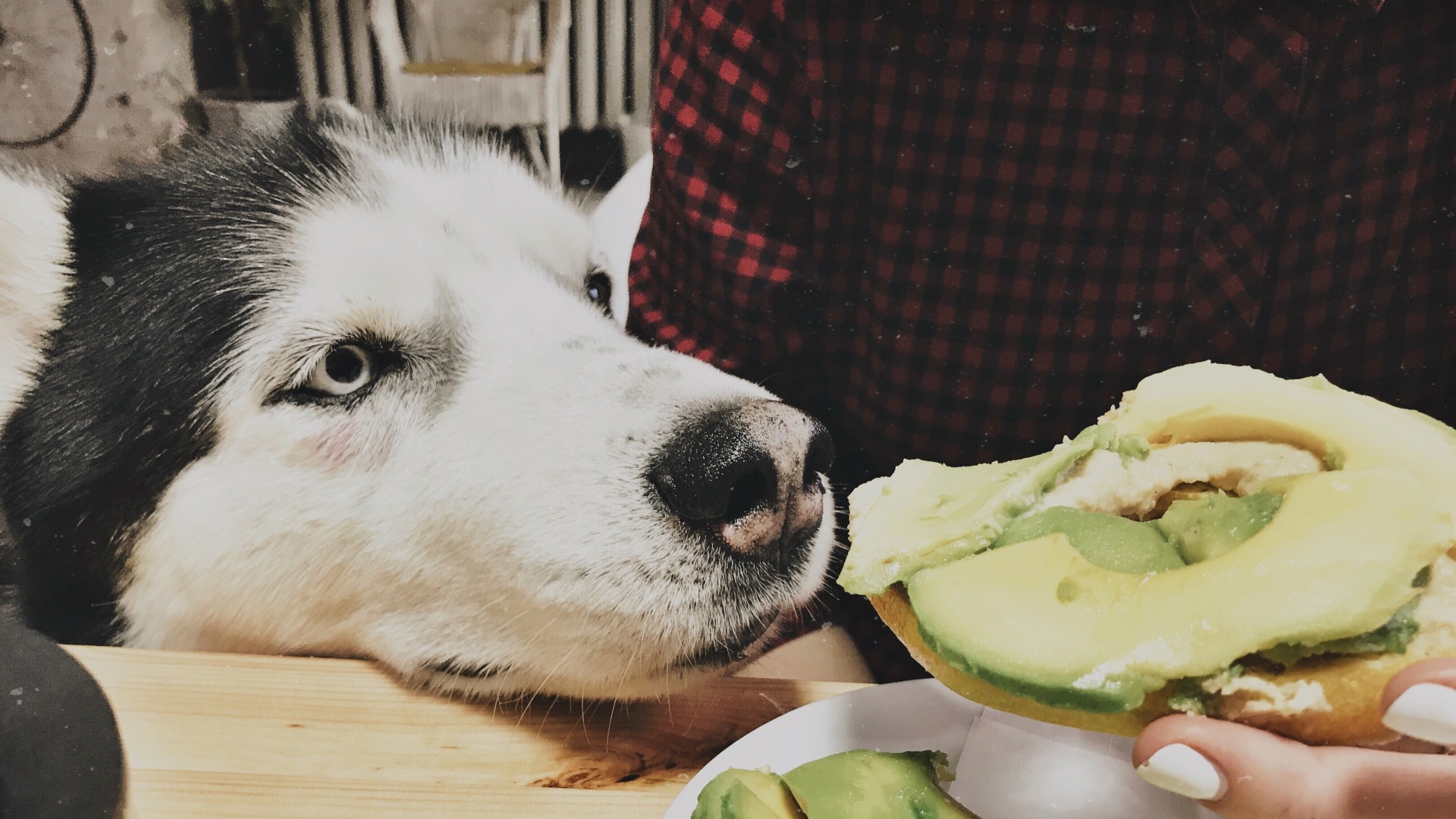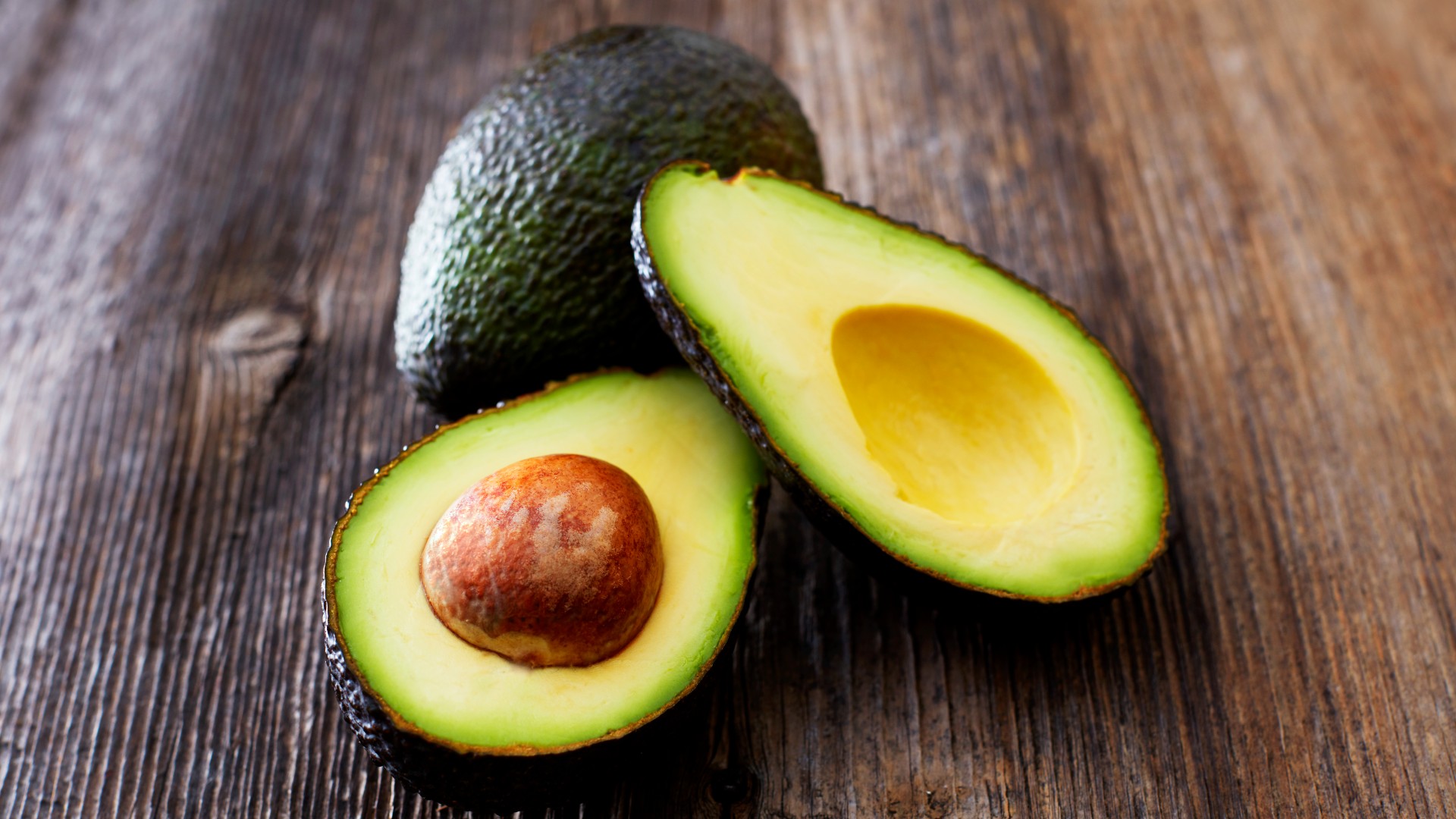Can dogs eat avocado? We give you the scoop!
Delicious and nutritious they're the perfect human snack, but can dogs eat avocado? Here's everything you need to know about this buttery smooth fruit

It’s the hip superfood that health and wellness gurus go nuts for, but can dogs eat avocado? While this buttery soft fruit is considered the ultimate nutritious and delicious snack for humans, the picture isn’t so straightforward for our canine companions.
Feeding our dogs any kind of human food requires careful consideration. A dog’s digestive system is different from ours and high-fat foods can be a challenge for them to process, which is why for the most part, we recommend sticking to the best dog food.
But sometimes, that adorable face looking up at you and begging for a treat is going to be too much to resist, so can dogs eat avocado on the odd special occasion, or does this green fruit get a red light? We find out.
- How to choose dog food
- Can dogs eat pineapple?
- Can dogs eat watermelon?
- Can dogs eat peanut butter? Will it cause them harm?
Can dogs eat avocado?
Don’t you hate it when the answer to a question is both yes and no? Unfortunately, that’s the case with avocados. Let’s start with the good stuff.
Avocados contain tons of healthy fats that are great for the skin and coat, which is why you’ll sometimes see it included in the best dry dog food and best dog treats. It’s also low in sugar and high in vitamins and fiber, all great for dogs who are omnivores.
The downside is that parts of the avocado fruit contain a fungicidal toxin called persin, which can result in serious illness or even death in our furkids. Let’s break down each component of an avocado so you know where the dangers lie:
Avocado pit: While you’re not going to willingly feed your dog the stone that holds this fruit together, it’s amazing how quickly they can gobble things down when your back is turned. Pits don’t digest well and can easily get stuck in the digestive tract, causing gastrointestinal blockages that require surgery.
Get the best advice, tips and top tech for your beloved Pets

Avocado skin: The skin of avocado contains the toxin persin, so you want to make sure your dog doesn’t get their paws on this. Most vets agree that dogs have a lot more resistance to persin than other animals, but that doesn’t mean they should be consuming the skin, which like the pit, can cause stomach upsets.
Avocado flesh: The pulp of an avocado isn’t known to be toxic to dogs, but it’s very high in fat and calories. Sensitive dogs can develop pancreatitis, an inflammation of the digestive organ the pancreas, from eating even small amounts of this rich fruit, and all dogs will quickly pile on the pounds if they’re being fed slivers of avocado regularly.
While a little bit of avocado is unlikely to harm your dog, on the whole, we recommend avoiding this fruit. Granted, it’s packed with goodness, but the vitamins, fatty acids, fiber, and antioxidants it contains can all be sourced from elsewhere.
The risks of overconsumption or even small portions for dogs with allergies, including vomiting, diarrhea, and pancreatitis, far outweigh any gains, so if avocados are a staple in your home, make sure to keep them away from your pooch’s paws.

Kathryn is a freelance writer who has been a member of the PetsRadar family since it launched in 2020. Highly experienced in her field, she's driven by a desire to provide pet parents with accurate, timely, and informative content that enables them to provide their fur friends with everything they need to thrive.
Kathryn works closely with vets and trainers to ensure all articles offer the most up-to-date information across a range of pet-related fields, from insights into health and behavior issues to tips on products and training.
When she’s not busy crafting the perfect sentence for her features, buying guides and news pieces, she can be found hanging out with her family (which includes one super sassy cat and a kitten), drinking copious amounts of Jasmine tea and reading all the books.
She has written for a range of publications, including Fit&Well, Top Ten Reviews, LiveScience, Goodto, and Product Hunt.
